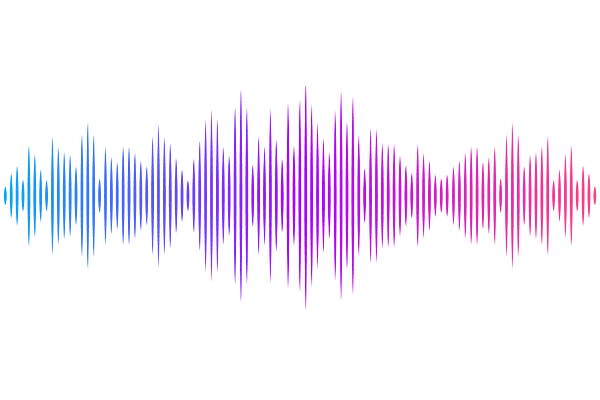Elevated carbon dioxide stimulates highly efficient organic-carbon consumption and confectionary-waste valorization under mixotrophy in the unicellular alga Galdieria

Elevated carbon dioxide stimulates highly efficient organic-carbon consumption and confectionary-waste valorization under mixotrophy in the unicellular alga Galdieria
Masson, M. L. P.; de Freitas, B. B.; Zybinskii, A.; Althagafi, G.; Amad, M.; Fox, M. D.; Lammers, P. J.; Lauersen, K. J.
AbstractUnicellular algae are appealing for nutritional and biotechnological utility but have wide variation across strains and can be challenging to produce. The thermo-acidophilic algal genus Galdieria use diverse organic-carbon sources for fermentative growth that can include waste-stream feedstocks and have complete amino-acid compositions for human nutrition. Here, we investigated Galdieria metabolic dynamics to catalog organic-carbon conversion to biomass. Tested strains had enhanced growth upon 3% CO2 supplementation, triggering efficient glucose uptake to reach {approx}5 {+/-} 0.3 g dry biomass L--1. Stable-isotope analysis revealed that organic-carbon uptake dominates CO2 fixation in darkness under mixotrophy, with CO2 an apparent metabolic trigger. Galdieria sulphuraria 5587.1 can consume up to 8.3 g carbon L--1 day--1 from industrial confectionery waste, with C-phycocyanin reaching 3.8% of dry biomass and remaining thermostable at 72{degrees}C. This framework can optimize Galdieria-based bioprocesses for inexpensive waste conversion into high-value biomass and identifies CO2 as a trigger of organic-carbon assimilation, even in heterotrophic conditions.